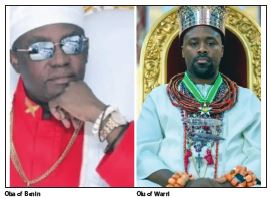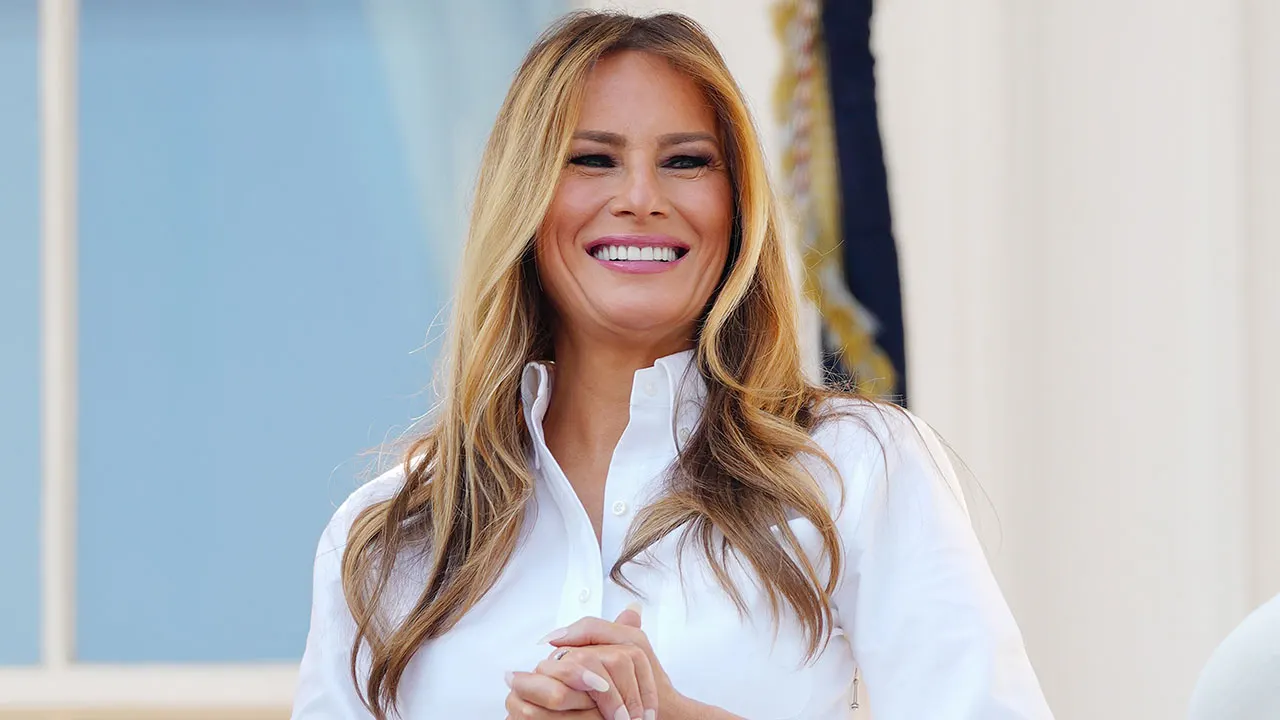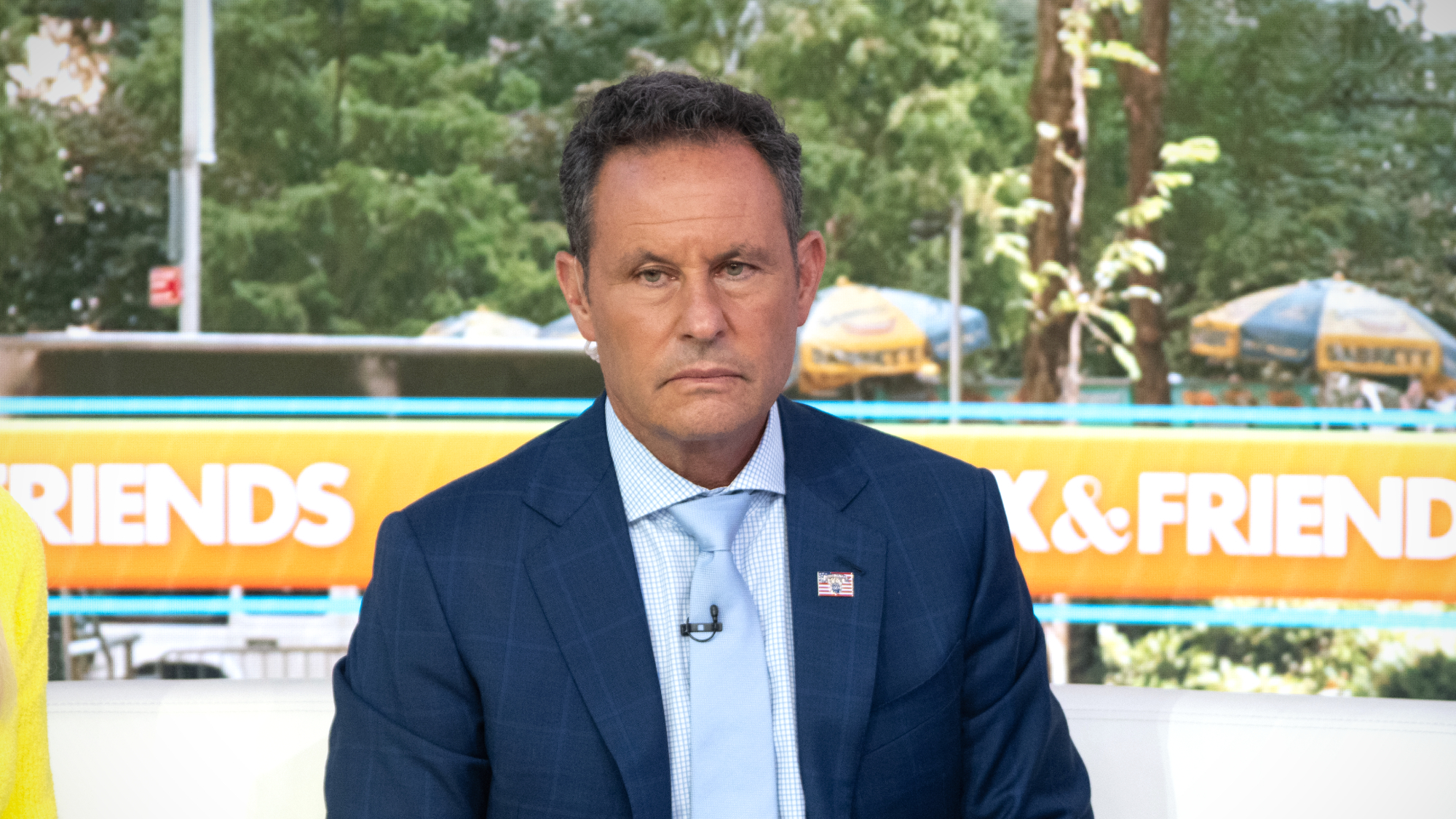By Isaac Asabor
Copyright independent

Nigeria’s traditional rulers are once again stepping into the national conversation, not as politicians, but as custodians of values and guardians of cultural heritage. Against the backdrop of rising crime and fast-eroding morals, the Oba of Benin, Omo N’Oba N’Edo Uku Akpolokpolo Ewuare II**, and the **Olu of Warri, Ogiame Atuwatse III**, have sep-arately sounded a call for renewal, drawing attention to the spiritual and institutional foundations needed to rebuild society.
In a solemn message to his people, the Oba of Benin declared a two-week fasting and prayer exercise for Edo indigenes at home and abroad. Scheduled from September 15 to 28, the daily fast, running from 6 a.m. to 6 p.m, is rooted in the kingdom’s age-long tradition of seeking divine favour before the harvest season.
“This is in line with our age-long tradi-tion that before the commencement of the yearly new yam, it is important that we fast and pray to God Almighty and the royal an-cestors for bountiful harvest and to shield us away from sudden death and for peace and tranquillity in our individual homes, families, state and country at large,” the statement from the palace noted.
Though couched in cultural symbolism, the Oba’s directive resonates with the pres-ent realities of insecurity and social unrest. It reflects a belief that solutions must also come through collective spiritual reflection, not just policy measures.
Meanwhile, in Kaduna, the Olu of War-ri addressed officers at the Armed Forces Command and Staff College, where he drew attention to the crucial role of Nigeria’s tra-ditional institutions in safeguarding moral-ity and peace.
“The real battle Nigeria faces today is not one fought on battlefields, but in homes, schools, and hearts,” Ogiame Atuwatse III said, describing traditional institutions as the “last line of defense”.
The monarch called for constitutional rec-ognition and empowerment of traditional rulers, noting that they remain deeply trust-ed voices in communities yet lack the author-ity and resources to effectively enforce peace. He stressed that the erosion of family values lies at the heart of today’s insecurity.
“The family is the first and most power-ful institution for moral formation. When families are weak, society suffers,” he said.
While the Oba of Benin turned to prayer and fasting, and the Olu of Warri to the re-vitalisation of traditional institutions, both monarchs are united in their concern that Nigeria is losing its moral compass. They emphasise that rebuilding society requires more than government intervention; it calls for spiritual renewal, cultural reawakening, and the strengthening of community-based values.
Their voices, though raised from differ-ent parts of the country, remind Nigerians that traditional rulers are not relics of the past but living custodians of order, heritage, and moral authority. From palaces to pulpits, their message is clear: “a people disconnect-ed from values cannot find peace”.
As he concluded his address, the Olu of Warri remarked: *“We are planting seeds to-day for a legacy that will stand tall tomorrow. Let us build it, and let us win for ourselves and for generations yet to come.”*
It is a sentiment that complements the Oba of Benin’s prayer for peace, tranquillity, and divine protection.
Together, the two monarchs have shown that while governments may craft policies, it is culture, faith, and family that ultimately shape the heart of a nation.



